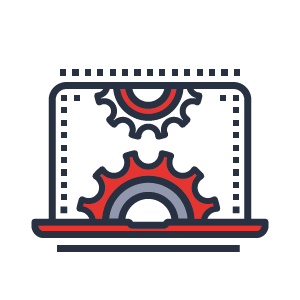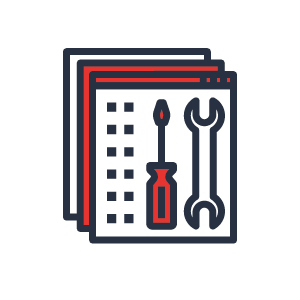Many enterprises want tools that enable them to build quality applications as rapidly and efficiently as possible. The right software testing approach not only reduces development cycle times, but also helps to ensure that the applications delivered meet expectations.
Lean practices such as Agile and DevOps allow companies to deploy applications consistently and rapidly, to meet ever-increasing demand. Given that testing is an integral part of any successful software project, the testing process itself also needs to be lean—so that testers and developers can accelerate time to value.
Is a manual or automated approach best?
Automated testing is performed by tools and scripts that execute common test cases without human input. Through continuous integration, testing can be automated at various points in the software development lifecycle to minimise bottlenecks and meet tight delivery schedules.
Manual testing, on the other hand, is executed by human testers and software. This allows for a uniquely human perspective on application usability—but it can be incredibly time-consuming; and there’s always a risk of human error.
Let’s compare automated and manual testing approaches in more detail:
Reliability:
With manual testing – as with any monotonous, labour-intensive process – lapses in concentration and small mistakes can impact the reliability of the QA process. Automated tools, however, never deviate from the planned process steps, making for an incredibly consistent and accurate testing method.
Speed:
Manual testing can only happen at a human pace. Automated testing, on the other hand, is much faster and can run repeatedly with no need for breaks. This is ideal in a continuous development environment.
Resource-efficiency:
Repetitive manual processes can slow testers and developers down. With automation in the mix, however, these IT professionals have more time to focus on aspects of their roles that add more value in the application development cycle.
Quality:
Automated tools can extend testing approaches, carrying out complex test cases that are beyond human abilities. This helps to improve application quality.
While manual testing certainly has a role to play in the QA environment, particularly in exploratory and usability testing; automated tools are critical for speed, agility and quality in the modern application development environment.
At Velocity IT, we want our customers to meet digital transformation goals with ease and confidence — and be able to access high-quality automated testing tools, especially in the low-code application development environment. As K2 is our low-code process automation platform of choice, we have developed benchQA: a test automation solution that is purpose-built for the K2 platform.
FREE automated testing tool for K2
benchQA has been developed using knowledge gained during the many, many years we have spent building and testing K2 apps, workflows, SmartForms and SmartObjects in close collaboration with K2 and customers. This tool offers full integration with K2 assets to drive total test automation, power test-driven development and provide continuous quality assurance.
With benchQA, you can:
- Automate regression testing for apps, workflows, SmartForms, SmartObjects and backend integration consistently, correctly and cost effectively
- Access an intuitive test designer suite that allows you to quickly and easily configure test cases—to save time and maximise resources
- Troubleshoot and update K2 artefacts with ease and confidence
- Compare test performance through reporting
- Efficiently update testing as applications evolve
Are you looking to deliver reliable, bug-free results right from the start, for shorter K2 development cycles and improved product confidence?
Get your FREE BenchQA License here
rn*Terms and conditions apply.







